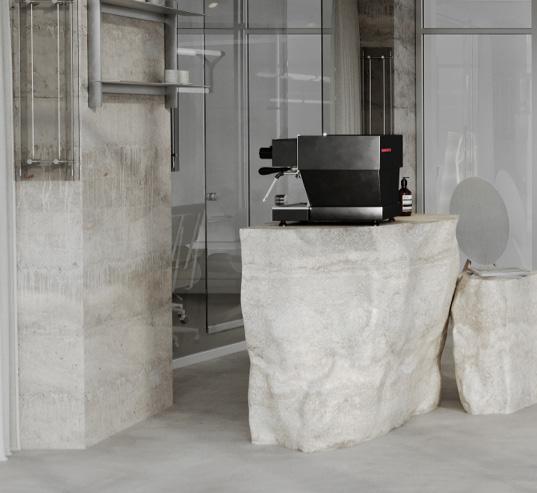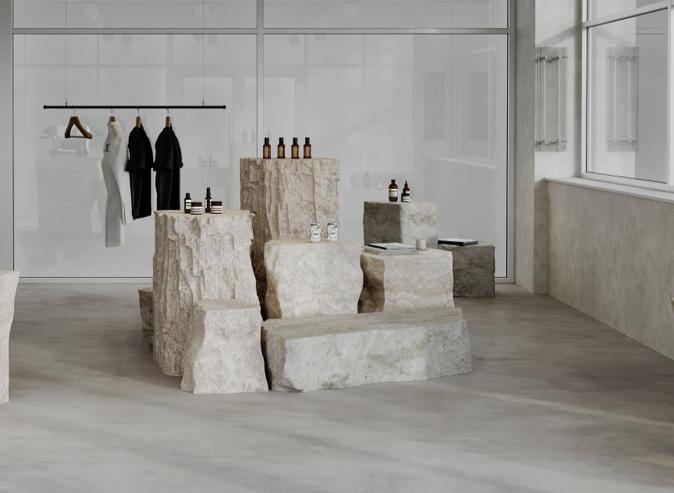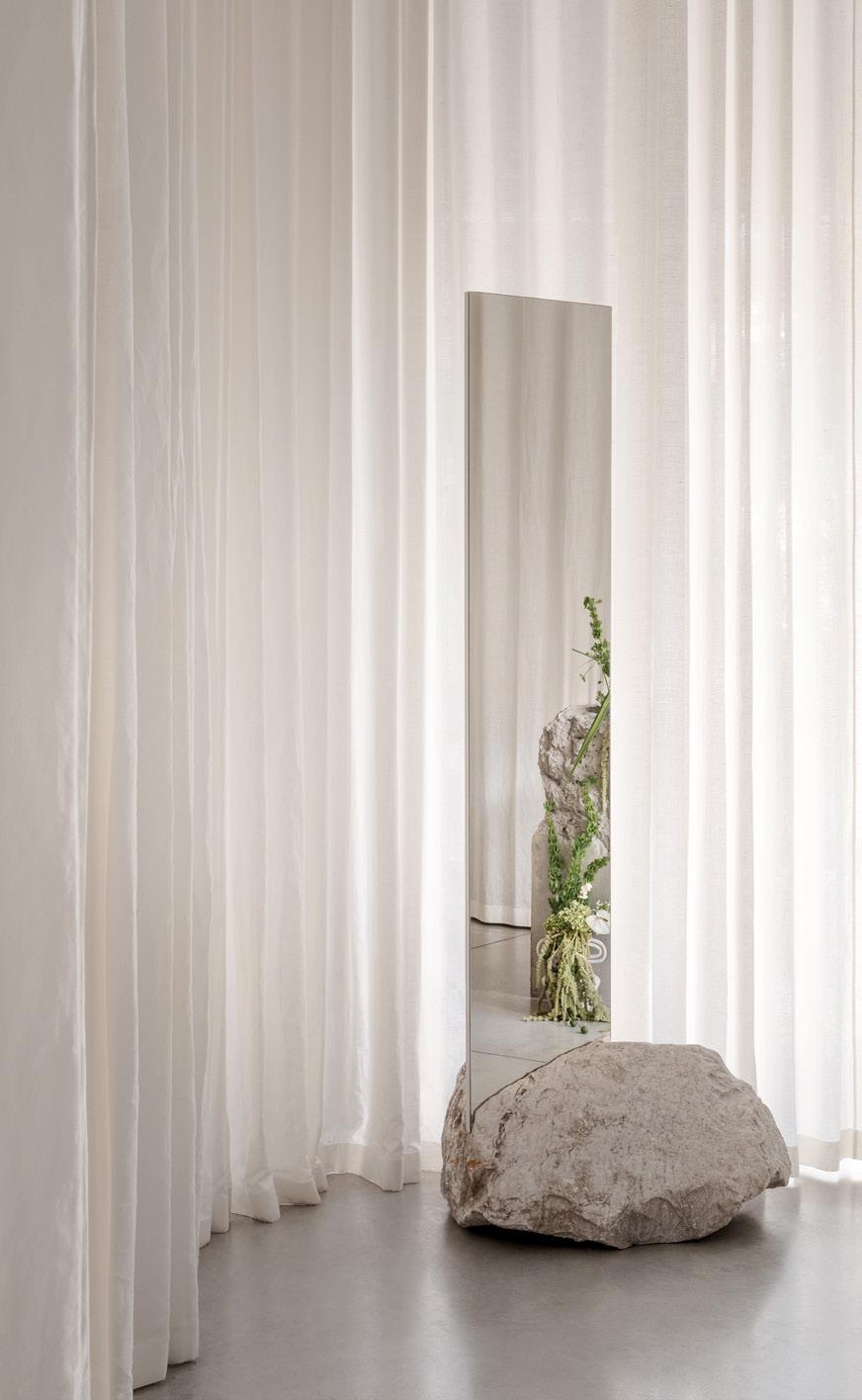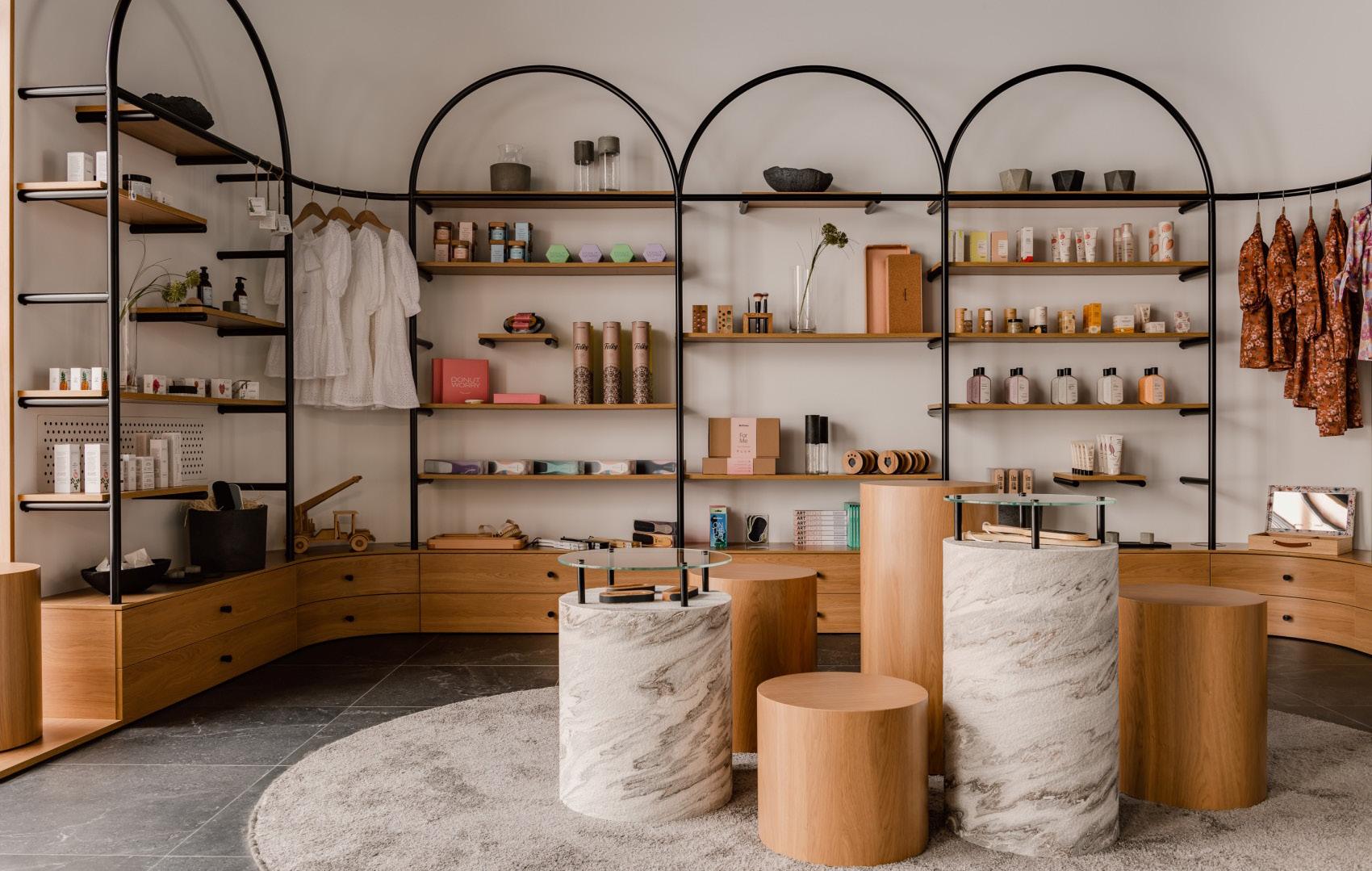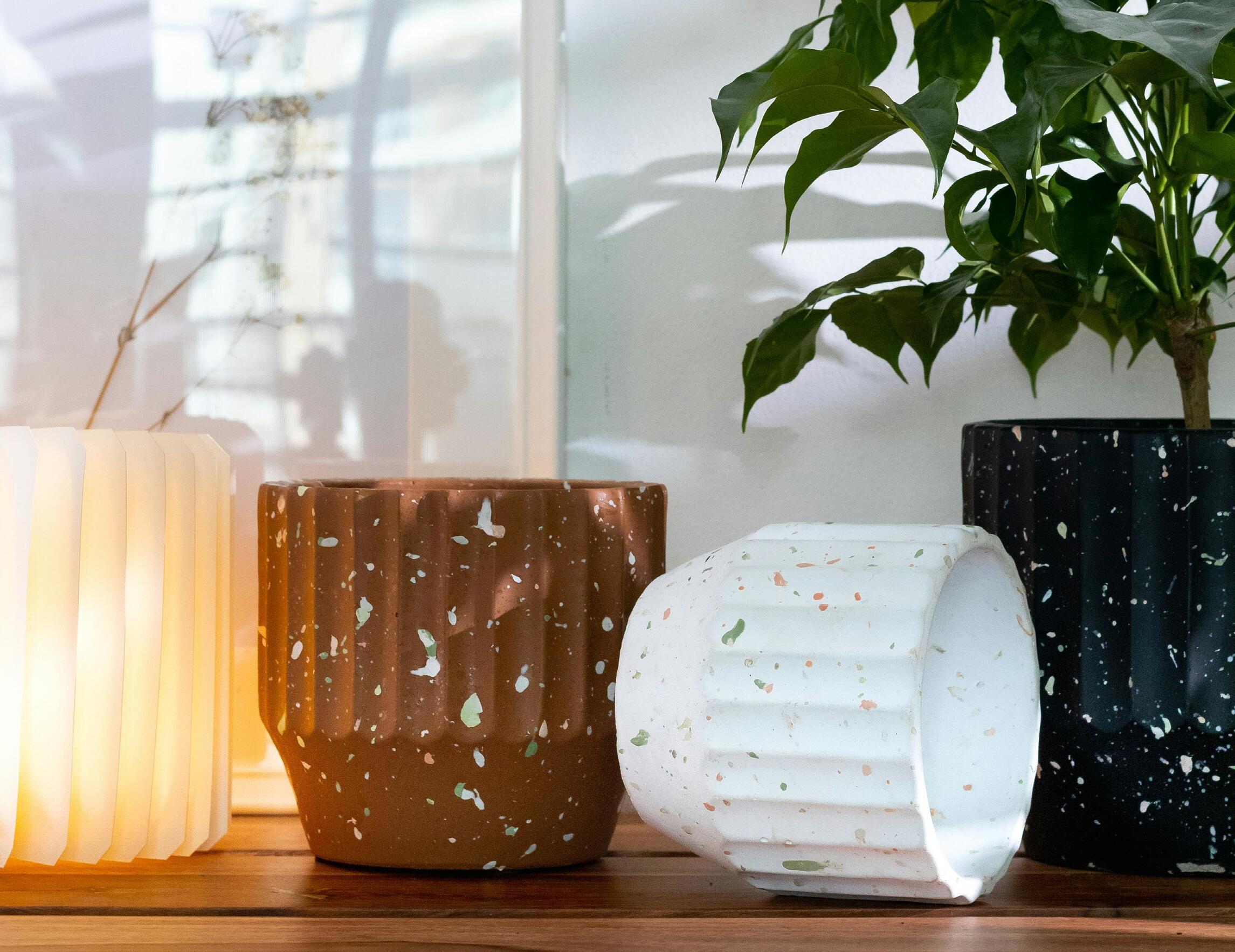2026 TRENDS
VISUAL MERCHANDISING & RETAIL DESIGN
FORECAST: 2026

PRESENTED BY


VISUAL MERCHANDISING & RETAIL DESIGN
FORECAST: 2026

PRESENTED BY

As we move into 2026, the retail landscape is being reshaped by economic uncertainty, evolving consumer expectations, and the rapid expansion of technology. Shoppers are demanding both greater value and more memorable experiences, while sustainability has shifted from aspiration to expectation for consumers and retailers alike. These forces are driving trends that emphasize personalization and human connection, seamlessly enhanced by the conveniences of modern technology.
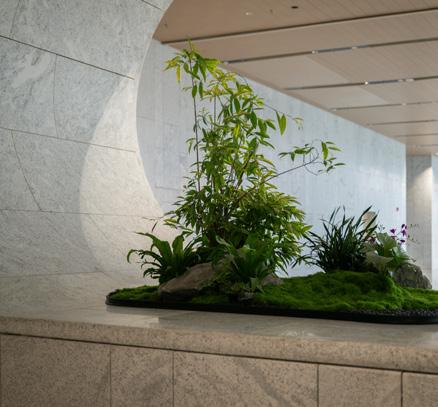
04
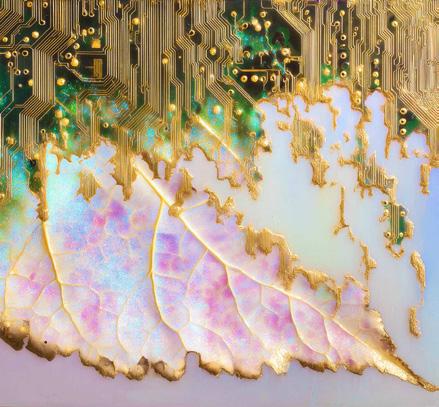
18
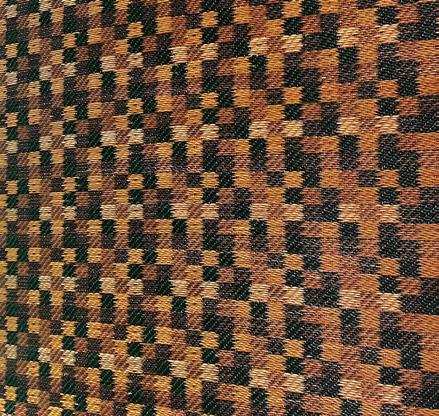
30
12
IMMERSIVE AND EXPERIENTIAL
24
MEANINGFUL BOLDNESS
CULTURAL STORYTELLING
36 SUSTAINABILITY AS STANDARD TECH INTEGRATION
CALMING MINIMALISM INDEX
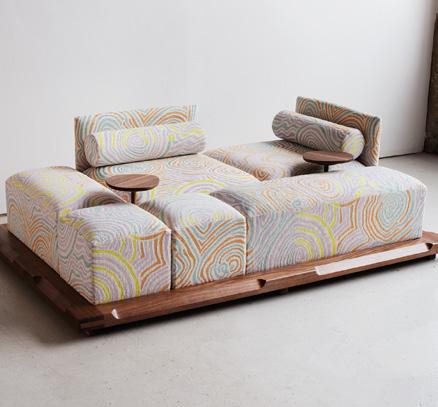

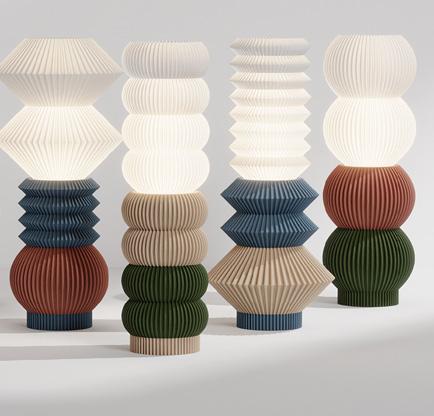
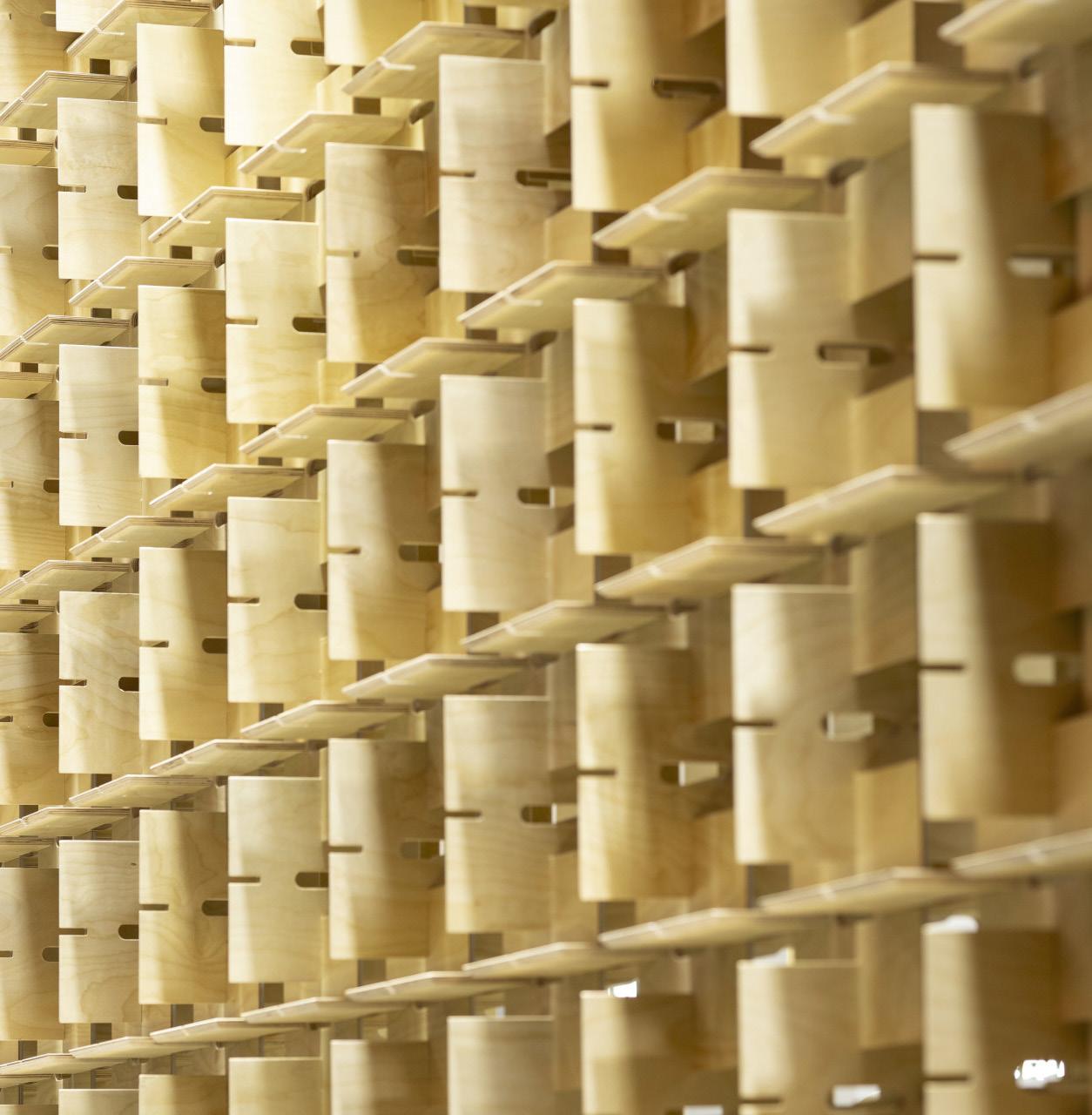
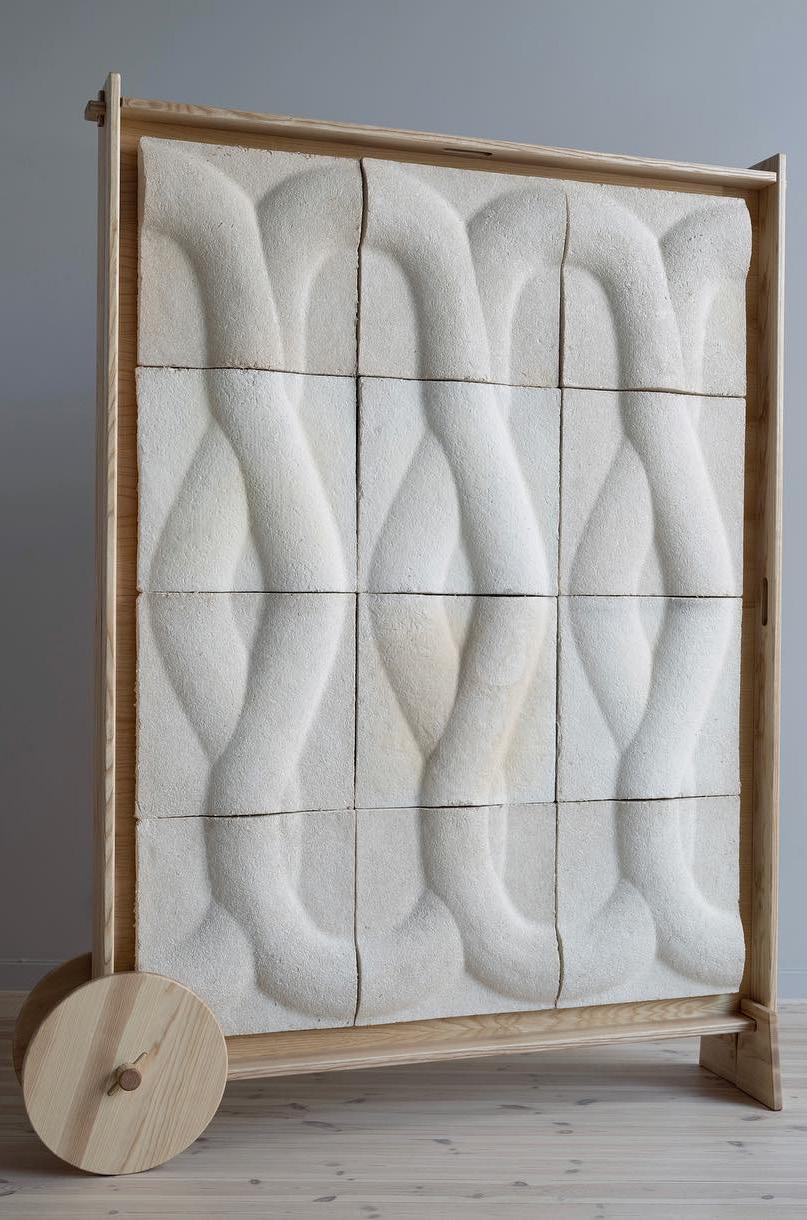

Consumers look for and expect sustainability in nearly all aspects of their shopping experience, this includes visual merchandising as well as retail displays. This means that sustainability should not be approached as a final ornamentation, but as the standard for almost every experience and interaction throughout a retail space. Fortunately, this ever-expanding trend can be approached with a multitude of strategies and aesthetics that adjust to fit all brands. From flexible fixtures with longer lifespans to nature-inspired biophilic design, sustainability can not only be the standard expectation of consumers, but also a beneficial factor to drive improved sales and customer engagement.



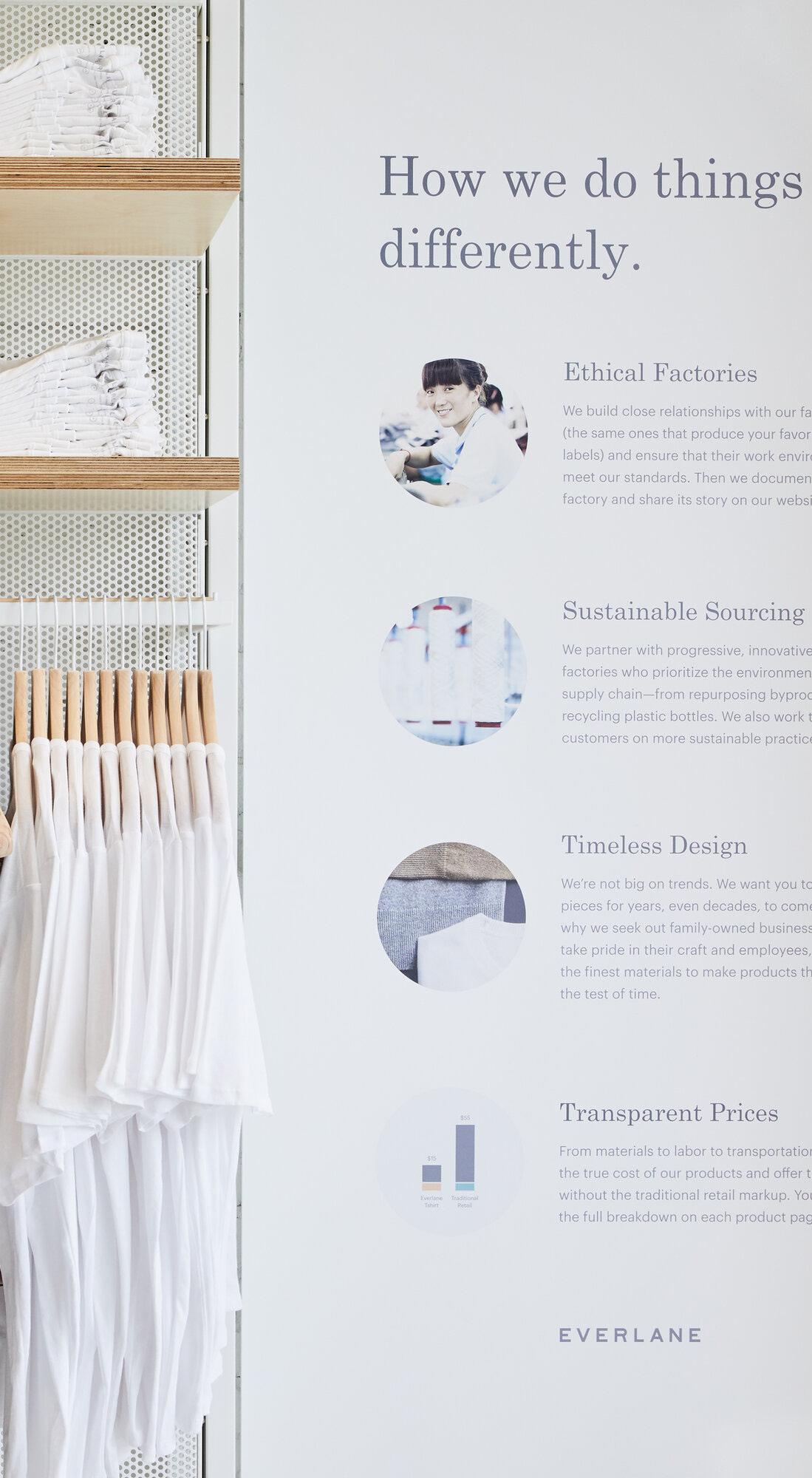
OF GEN Z HAS STOPPED BUYING FROM OR PURCHASE LESS FROM A BRAND BECAUSE IT WASN’T DOING ENOUGH TO HELP THE ENVIRONMENT.
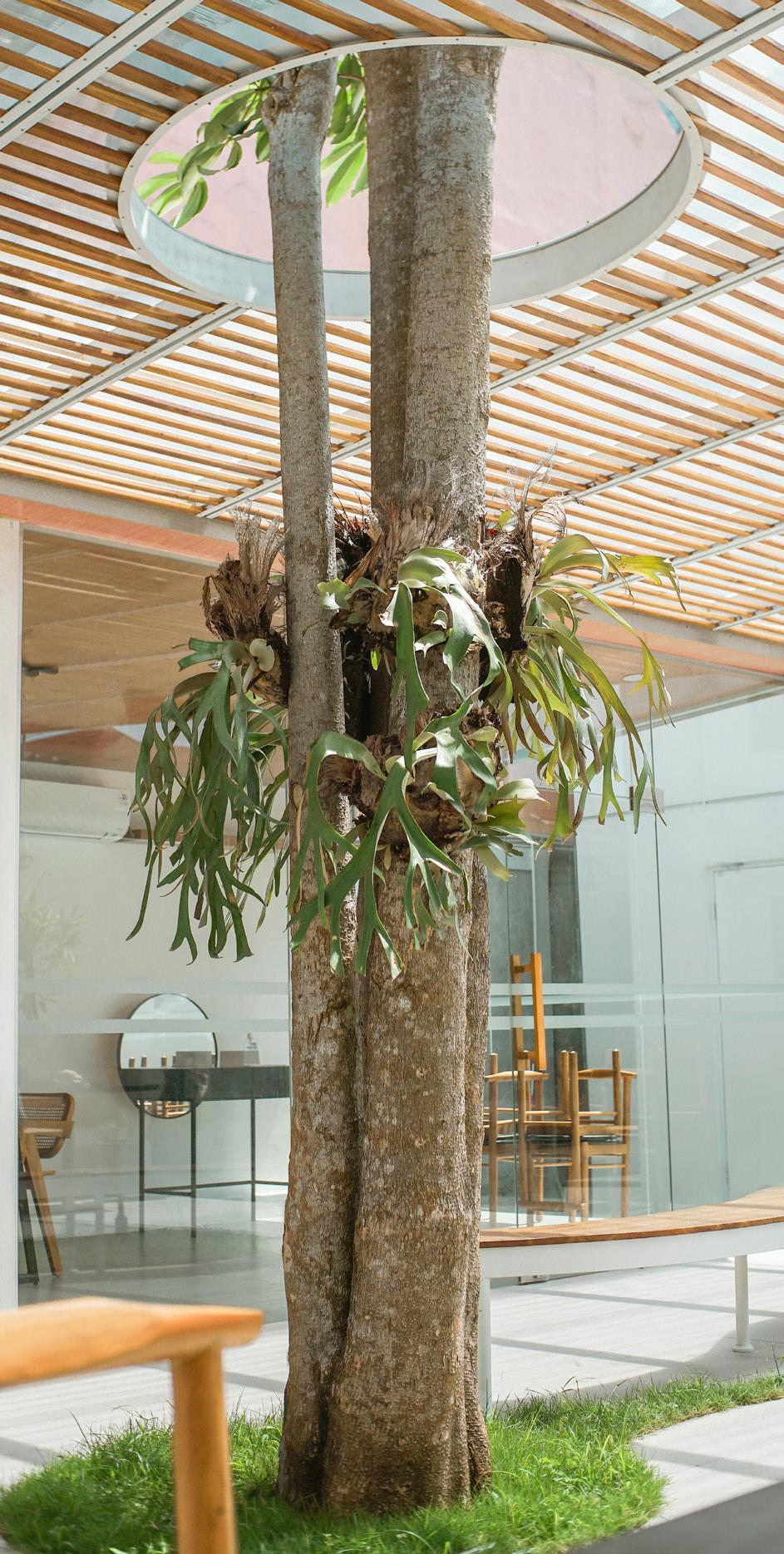
Stemming from the concept BIOPHILIA , or human’s tendency to connect with nature. BIOPHILIC DESIGN incorporates natural elements, patterns and forms in to the built environment. Reducing stress and fostering a connection between humans and the natural world.
Pillars of biophilic design that bring sustainability into the built environment include: more natural light, living plants that help filter air within stores, and natural materials that require less impactful manufacturing processes.
This strategy also helps to build customer relationships, drive user generated content, and fill consumer’s desire for real world experiences. By creating more relaxing environments visitors are more likely to stay in spaces longer and participate in exploding social media trends surrounding biophilic design.
INCORPORATING BIOPHILIC DESIGN ELEMENTS INTO A RETAIL SPACE CAN INCREASE CUSTOMER DWELL TIME BY UP TO 30%.
Journal of Retailing
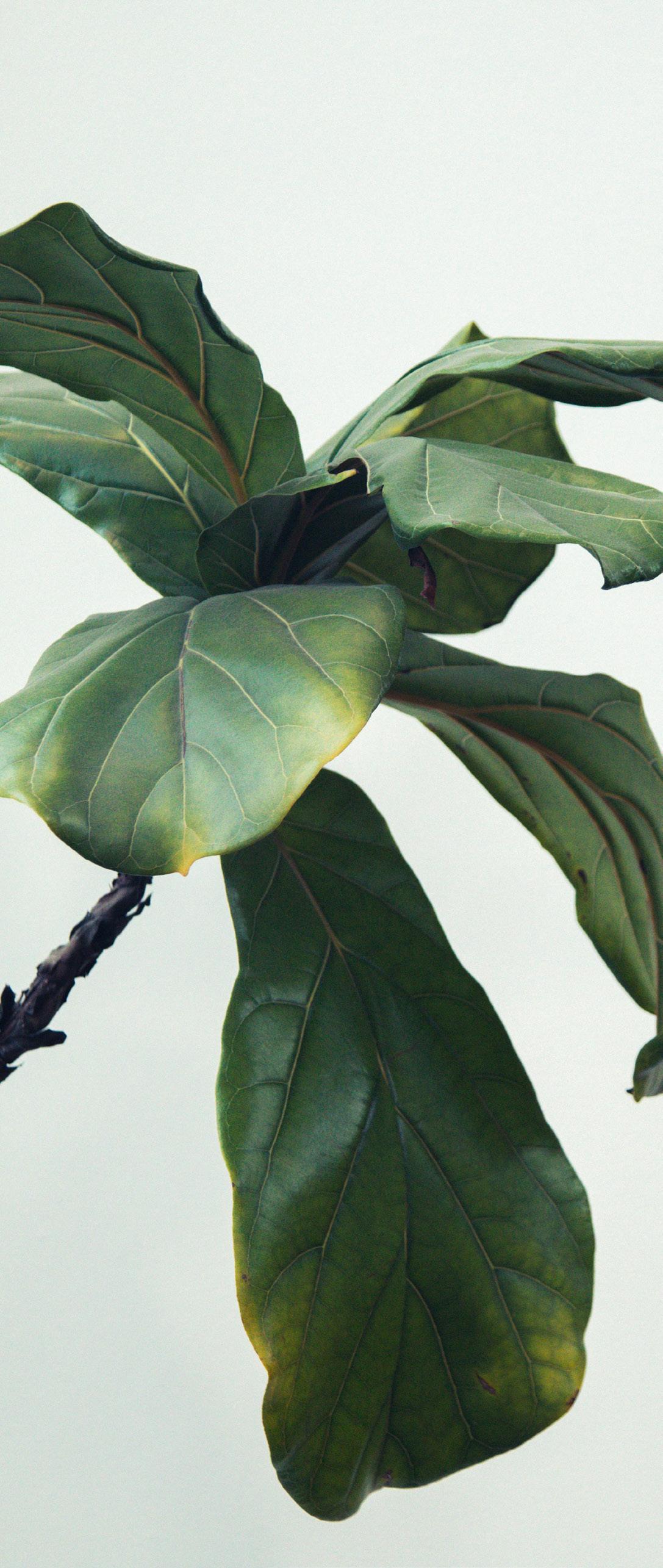



@ tecnograficaofficial
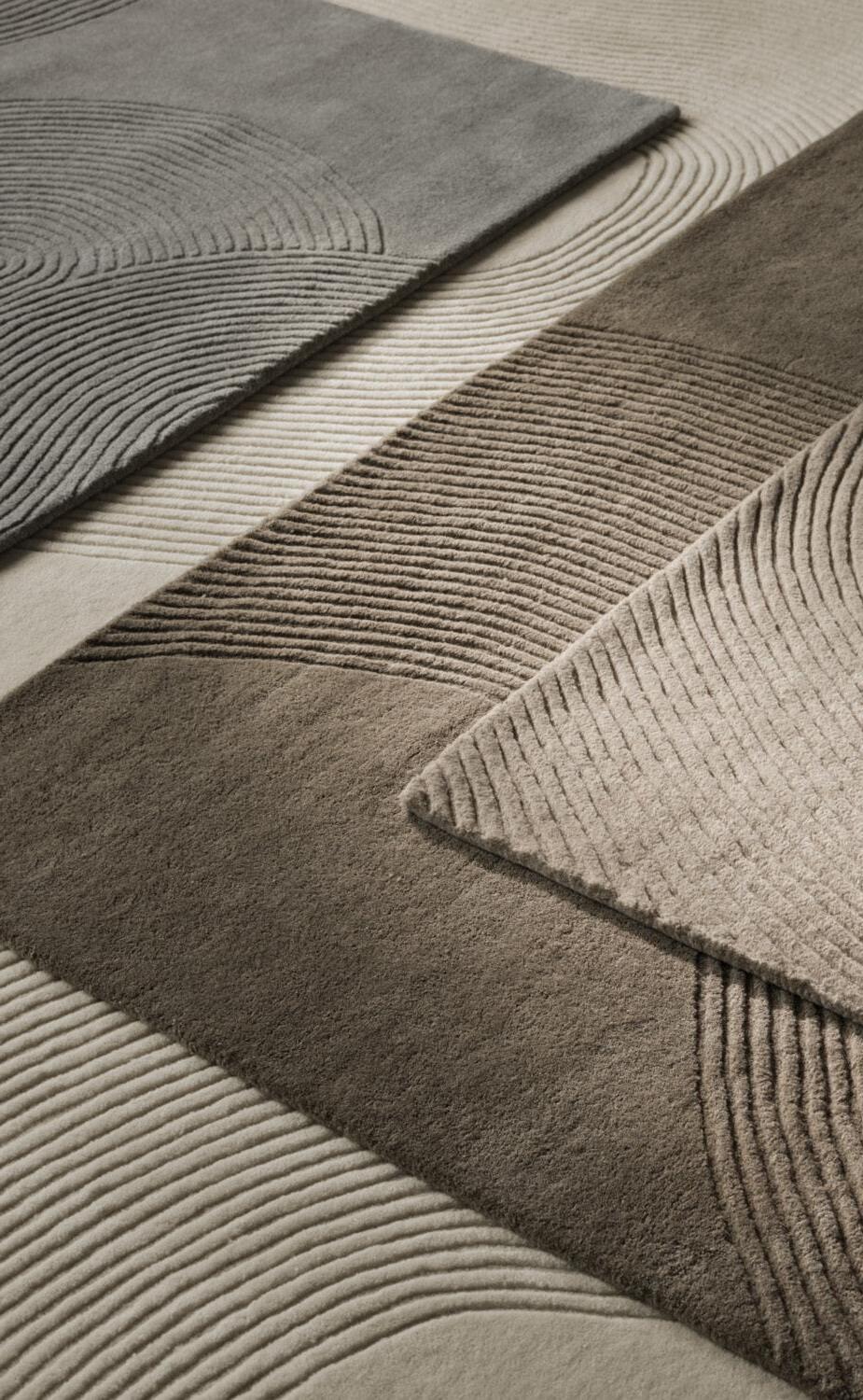
S ustainable materials can be highlighted by biophilic textures.

E xplore silhouettes and color palettes from all aspects of nature. embracing dusty earth tones with pops of organic greens and blues.

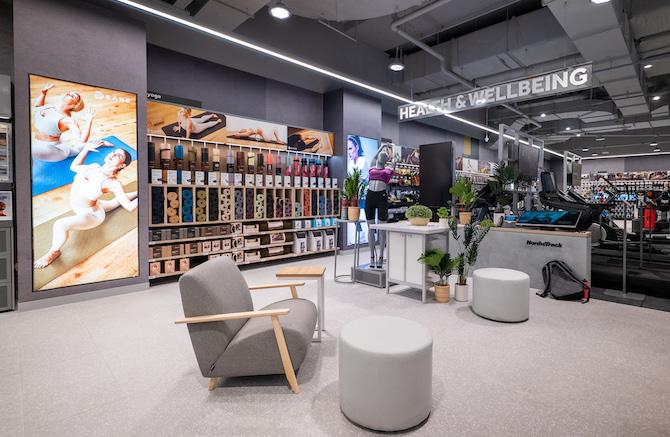
Consumers are wanting more value both from the products they purchase and from their experiences. Exciting retail environments can offer visitors something unique that is not attainable online or in run-of-the-mill mall concepts. Highlighting points of customer engagement and interaction, as well as giving visitors room to relax and play can not only prolong their stay, but also foster a deeper and more loyal relationship.

OF US SHOPPERS ARE WILLING TO PAY MORE TO HAVE A GREAT CUSTOMER EXPERIENCE.

Pop-ups and temporary installations provide a blank canvas for storytelling focused vignettes as well as a testing ground for engaging displays and customer spaces.
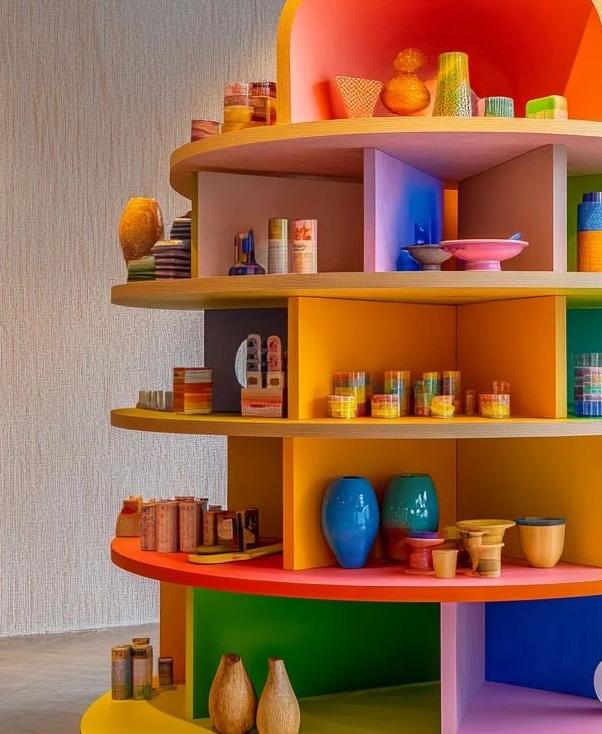
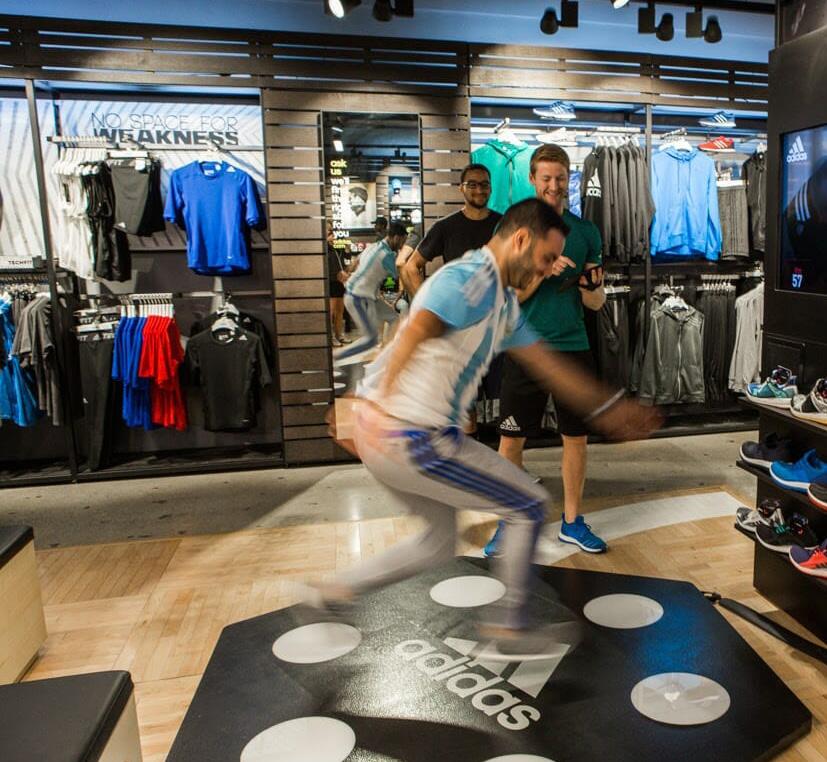
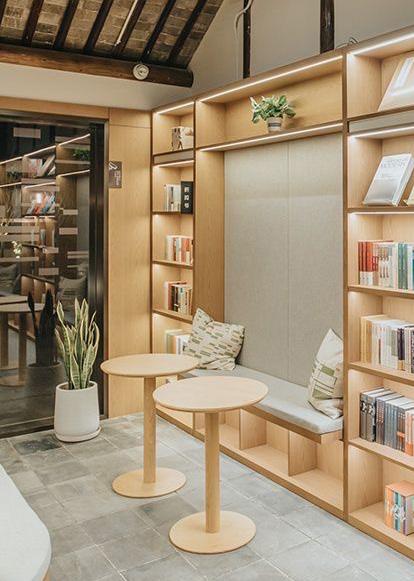



L.L. Bean’s concept for a more engaging store entrance, allowing visitors to experience nature before even entering the store.
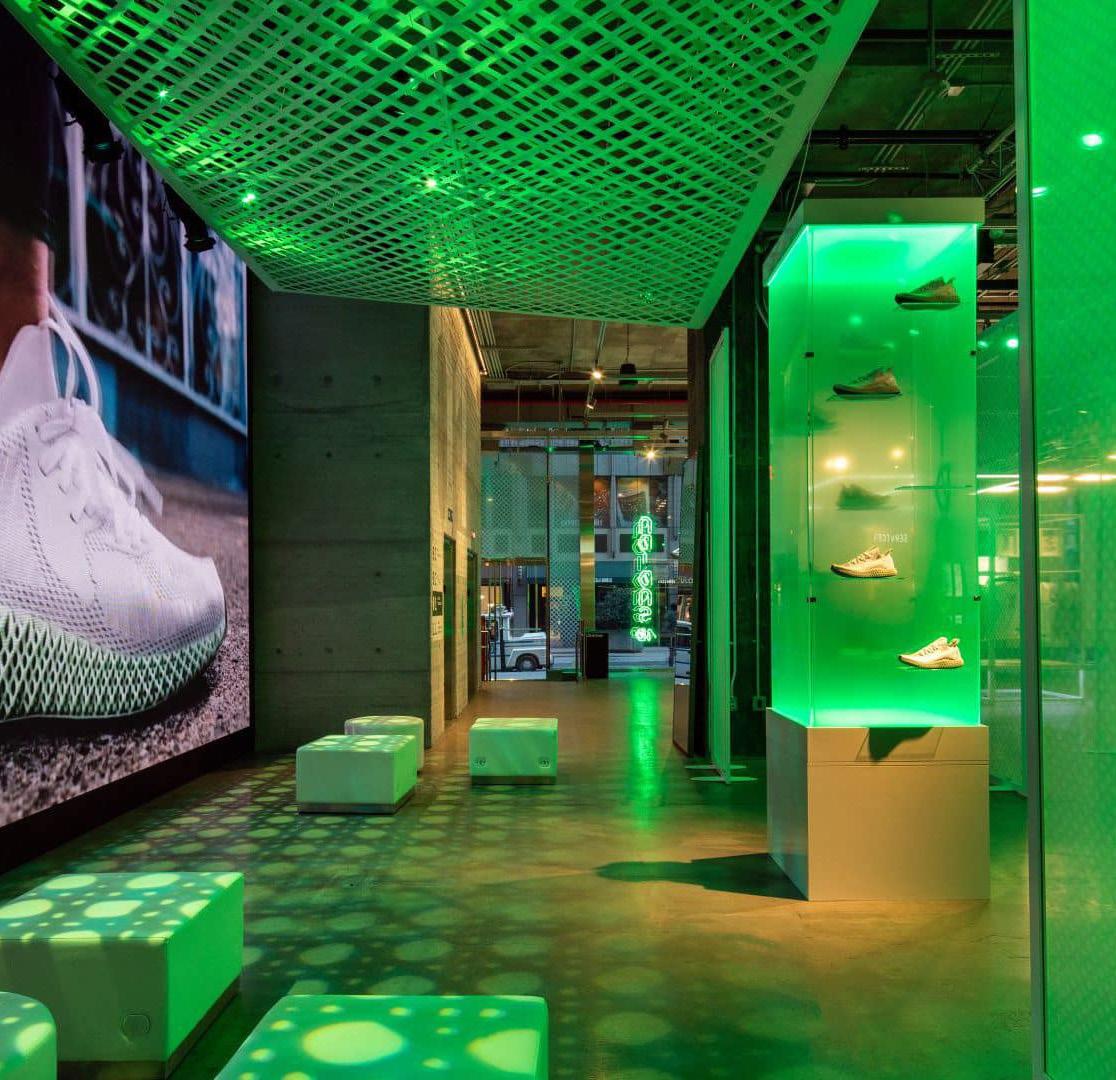
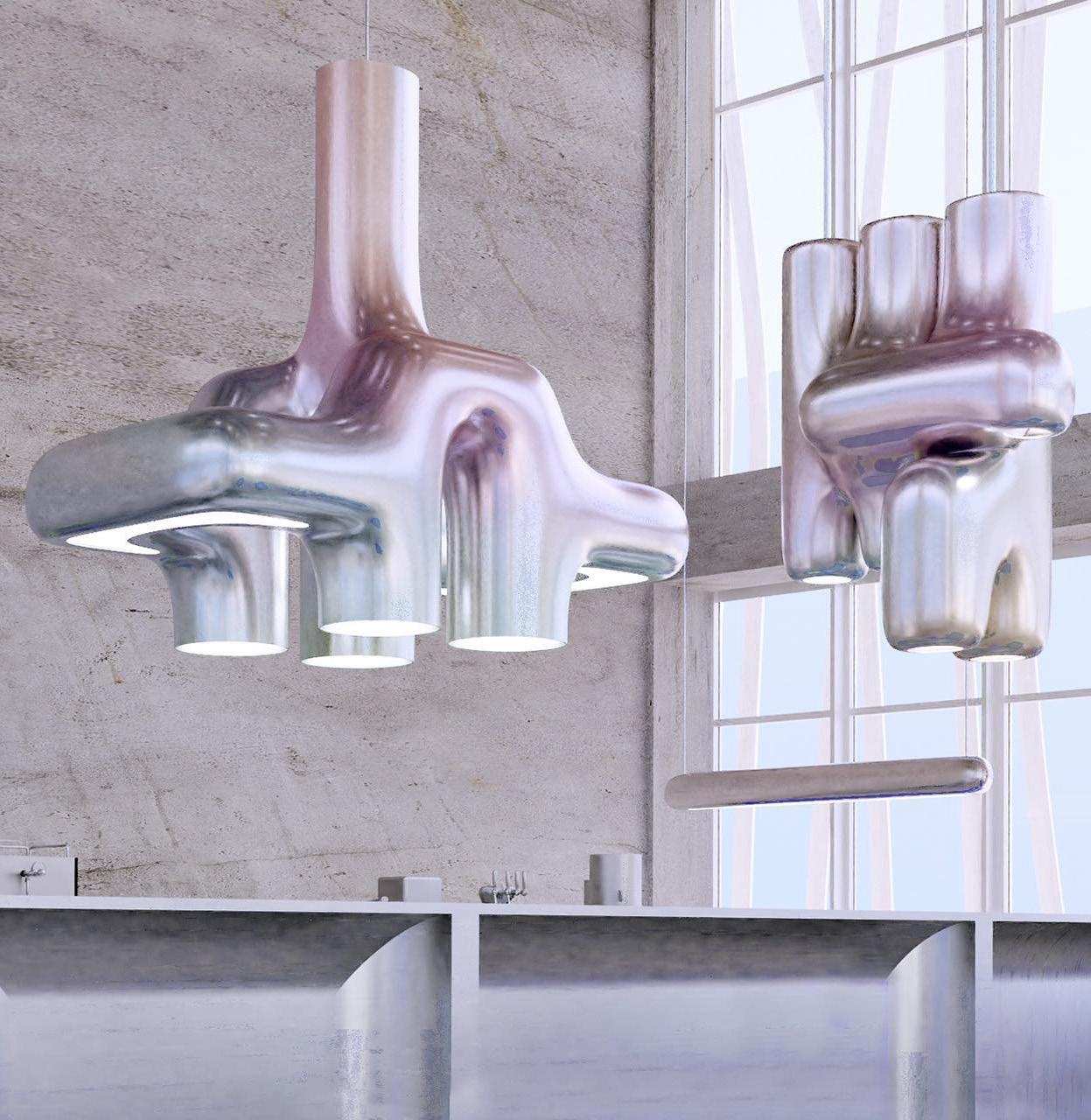

Pushing the boundaries between the digital and physical worlds, the digital real aesthetic reflects virtual reality, digital craft and AI-driven visuals. Closing the visual disconnect between online and in-person consumer experiences is driving this trend, often with the former informing the look of real world spaces. Dominated by ethereal ombres and other worldly hues juxtaposed with space-age metallics, digital real seeks to elevate consumers experience with the convenience of fully integrated technology emphasized with futuristic look.



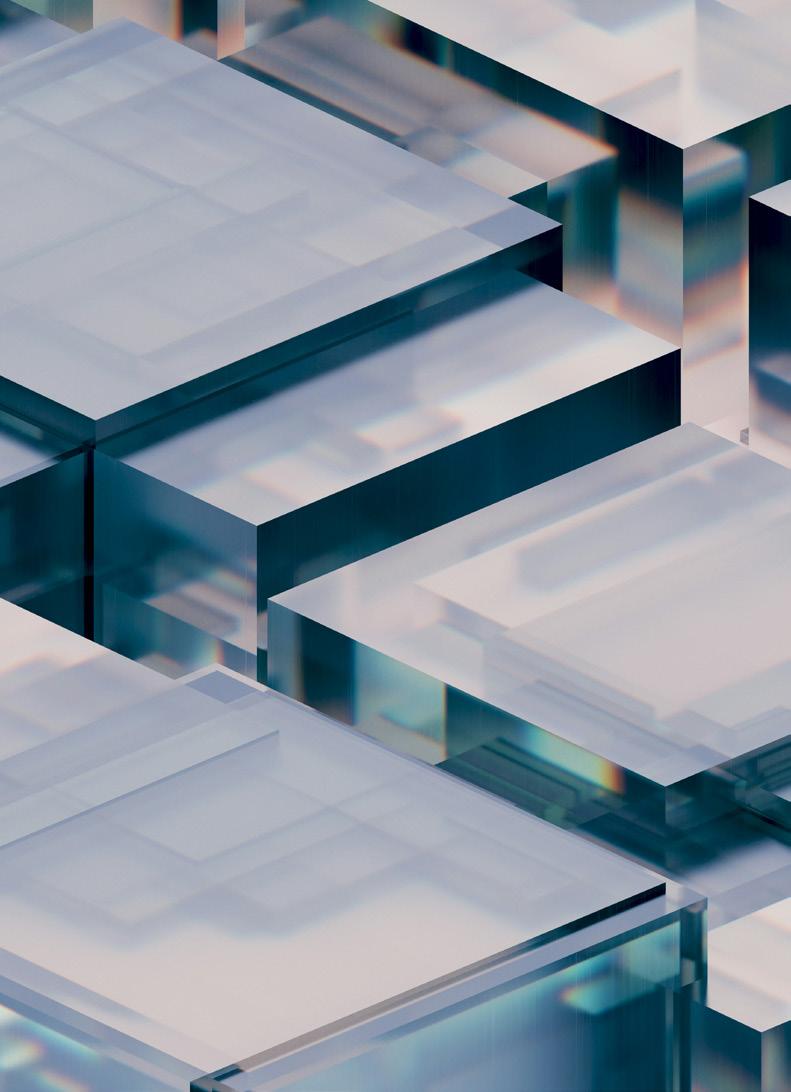
OF AMERICANS PREFER TO SHOP IN PHYSICAL STORES THAT ALSO HAVE AN APP, WEBSITE OR OTHER DIGITAL SERVICE.
(ENSEMBLEIQ)
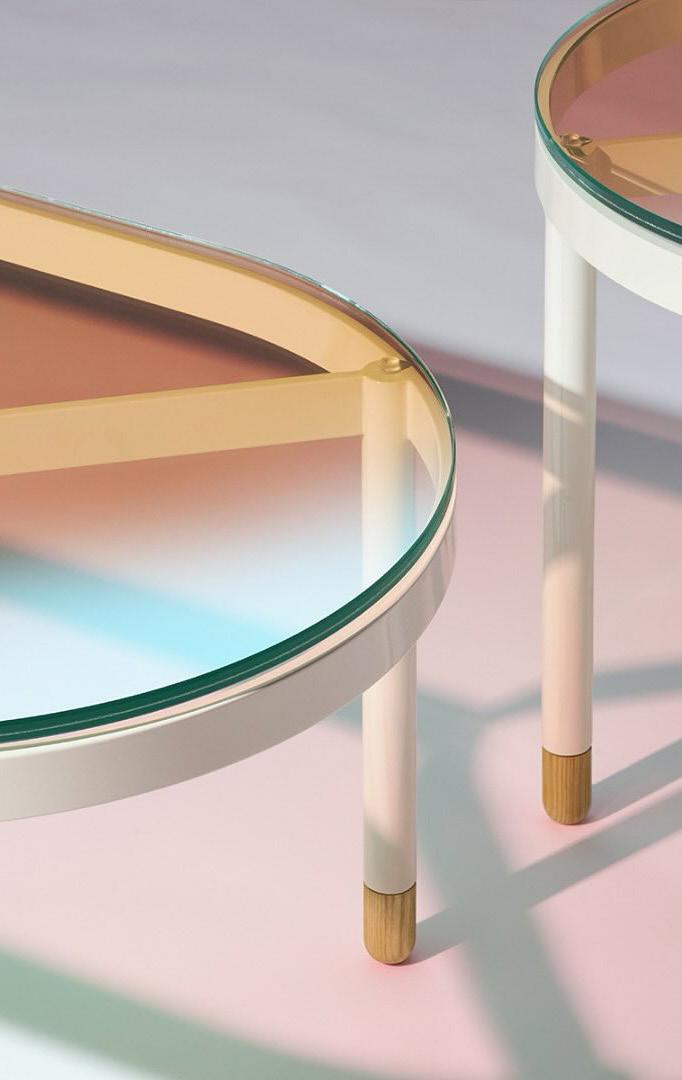
By having online and in-store shopping experiences not only follow the same aesthetics, but mirror each other in function, we can create a cohesive experience for customers.





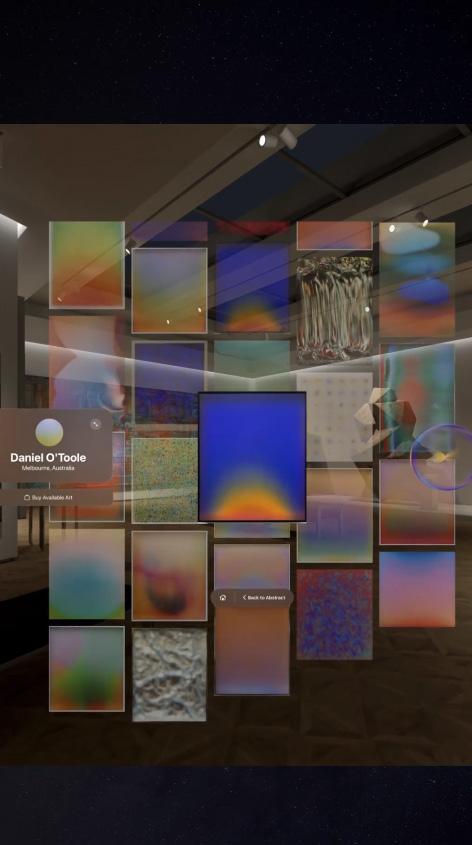
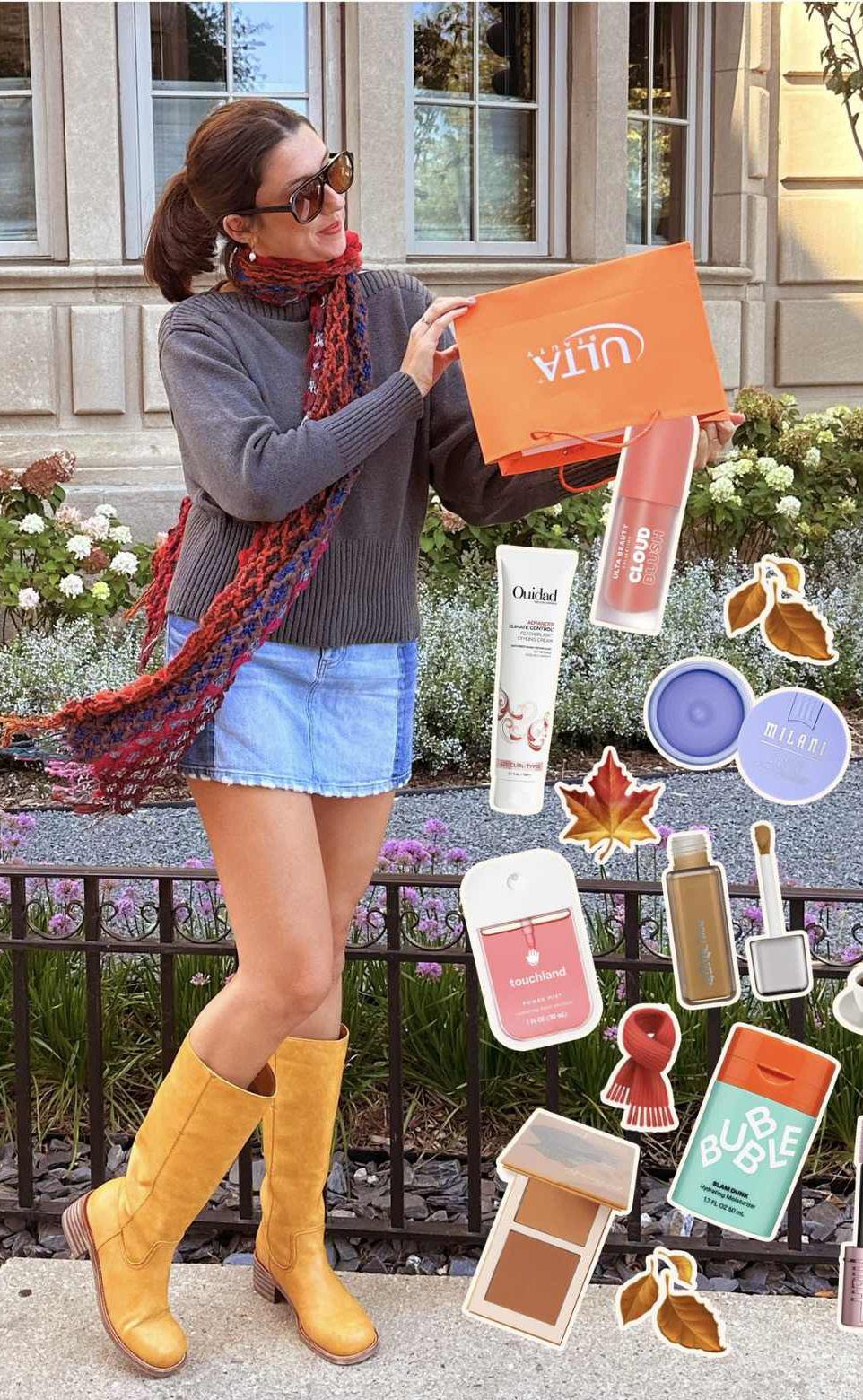


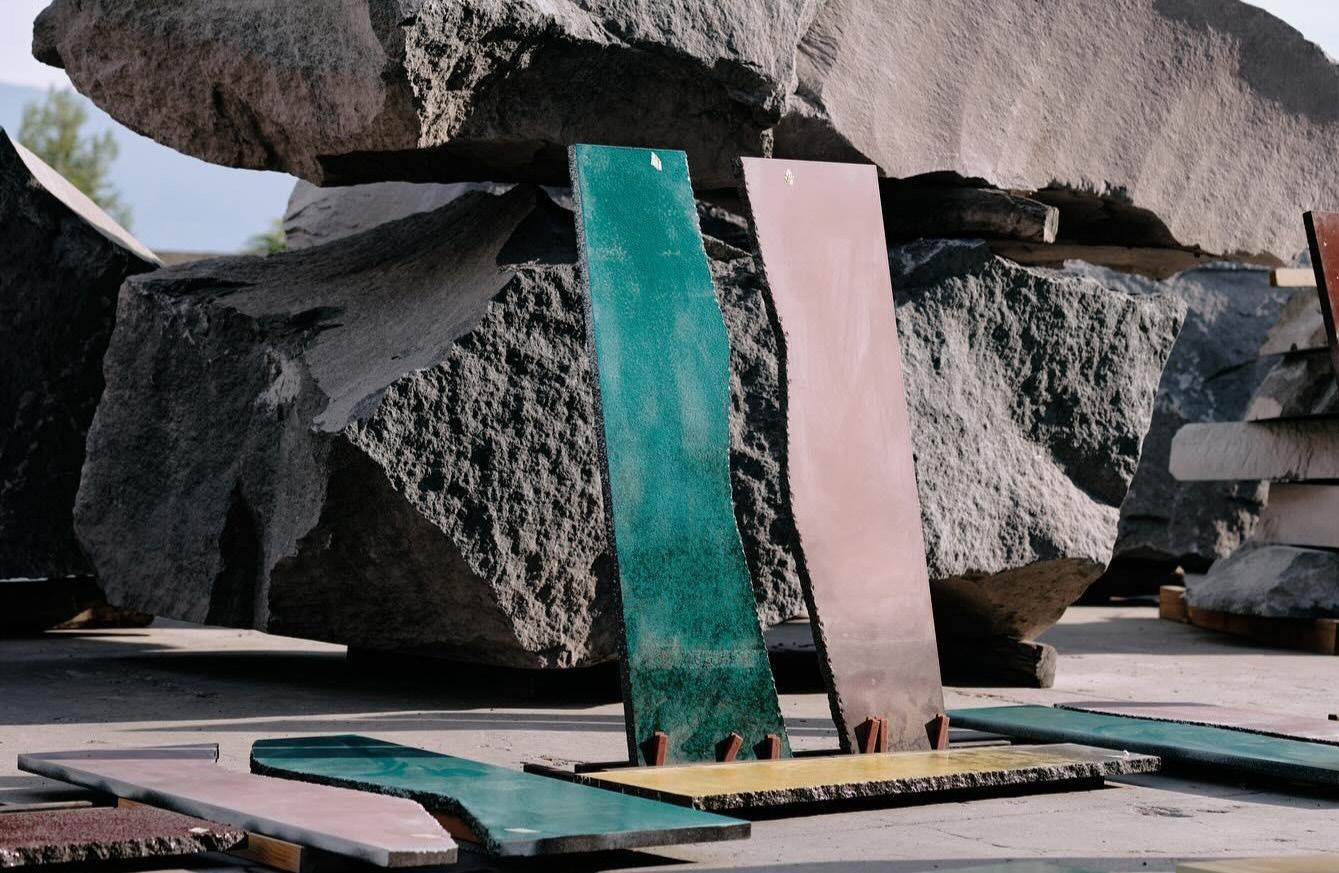
Combining grounded, earthy palettes with vibrant accent tones and unexpected material contrasts. Natural woods, polished metals, and textured fabrics come together in layered, tactile compositions that feel both contemporary and handcrafted. The result is a rich visual language where color and material choices express authenticity, creativity, and intention.
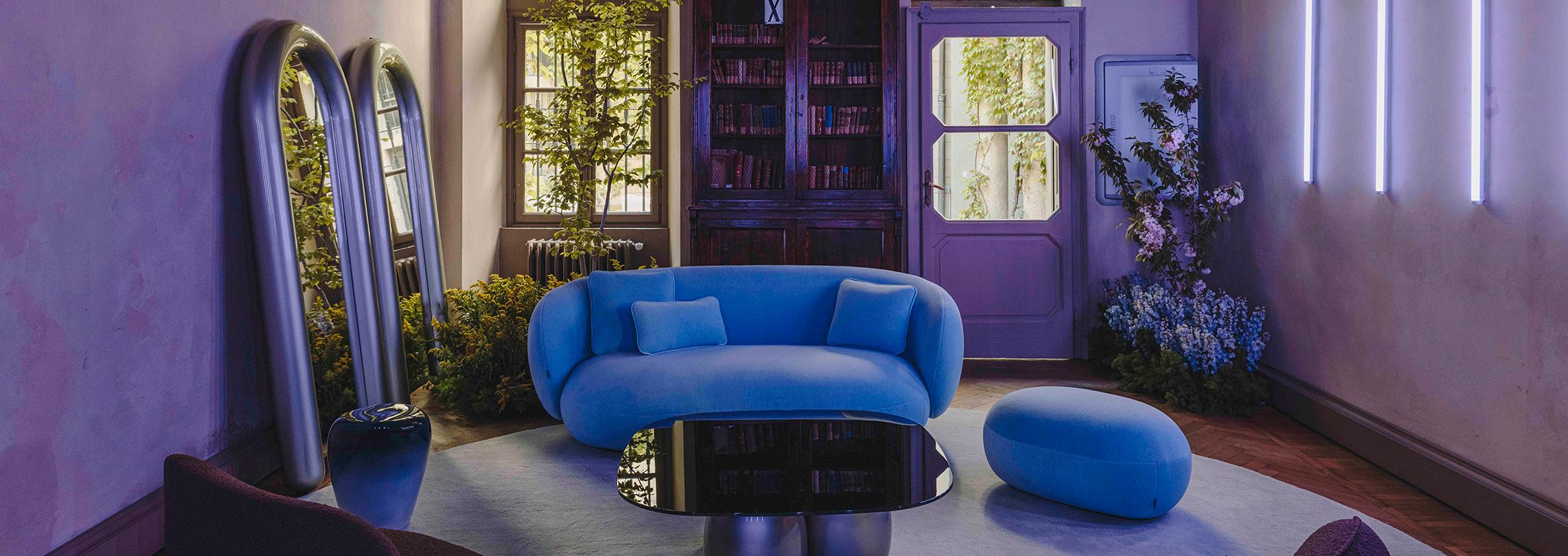

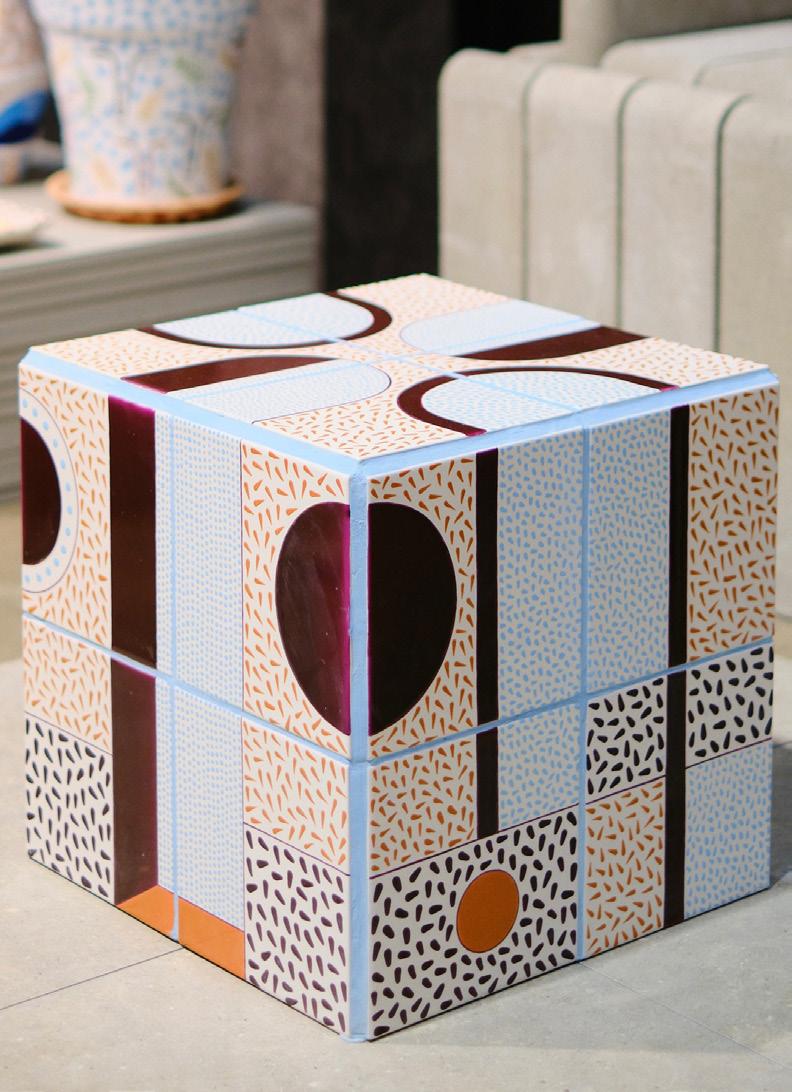
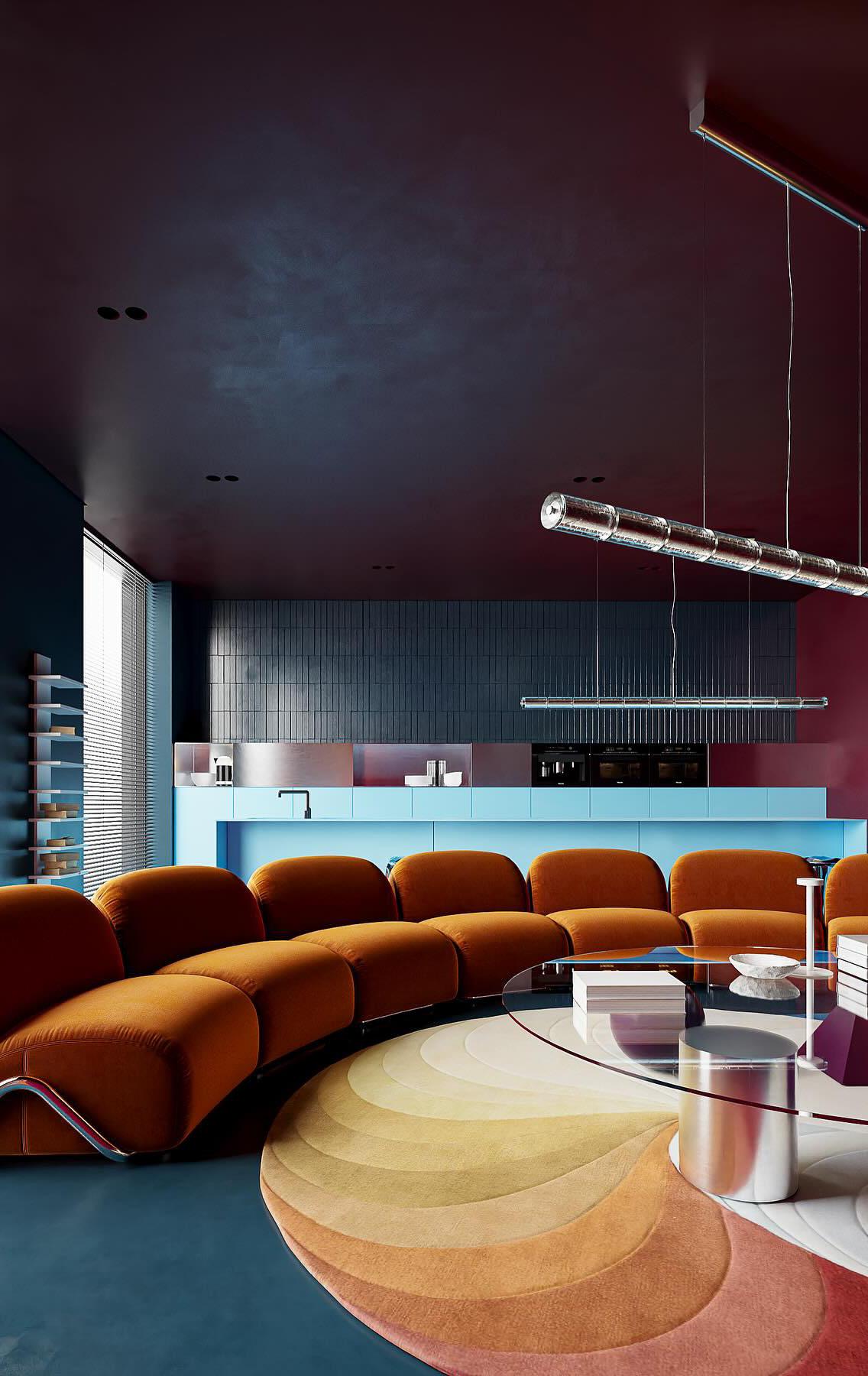
Earth inspired shapes and textures elevate the use of bold colors and exaggerated scale, giving a sense of purpose to spaces that practice these bold design choices.



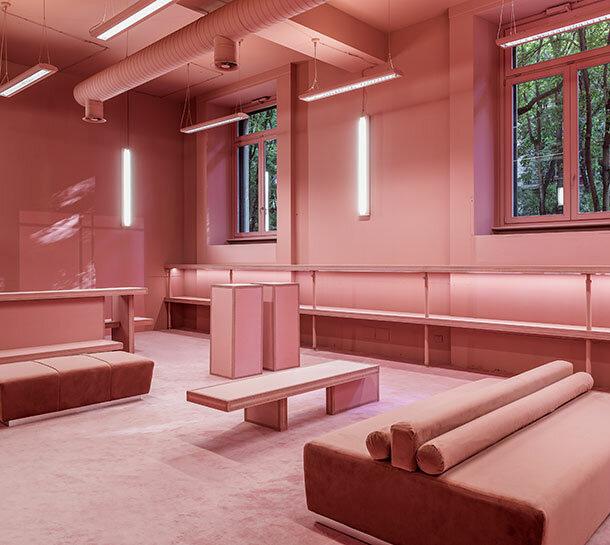

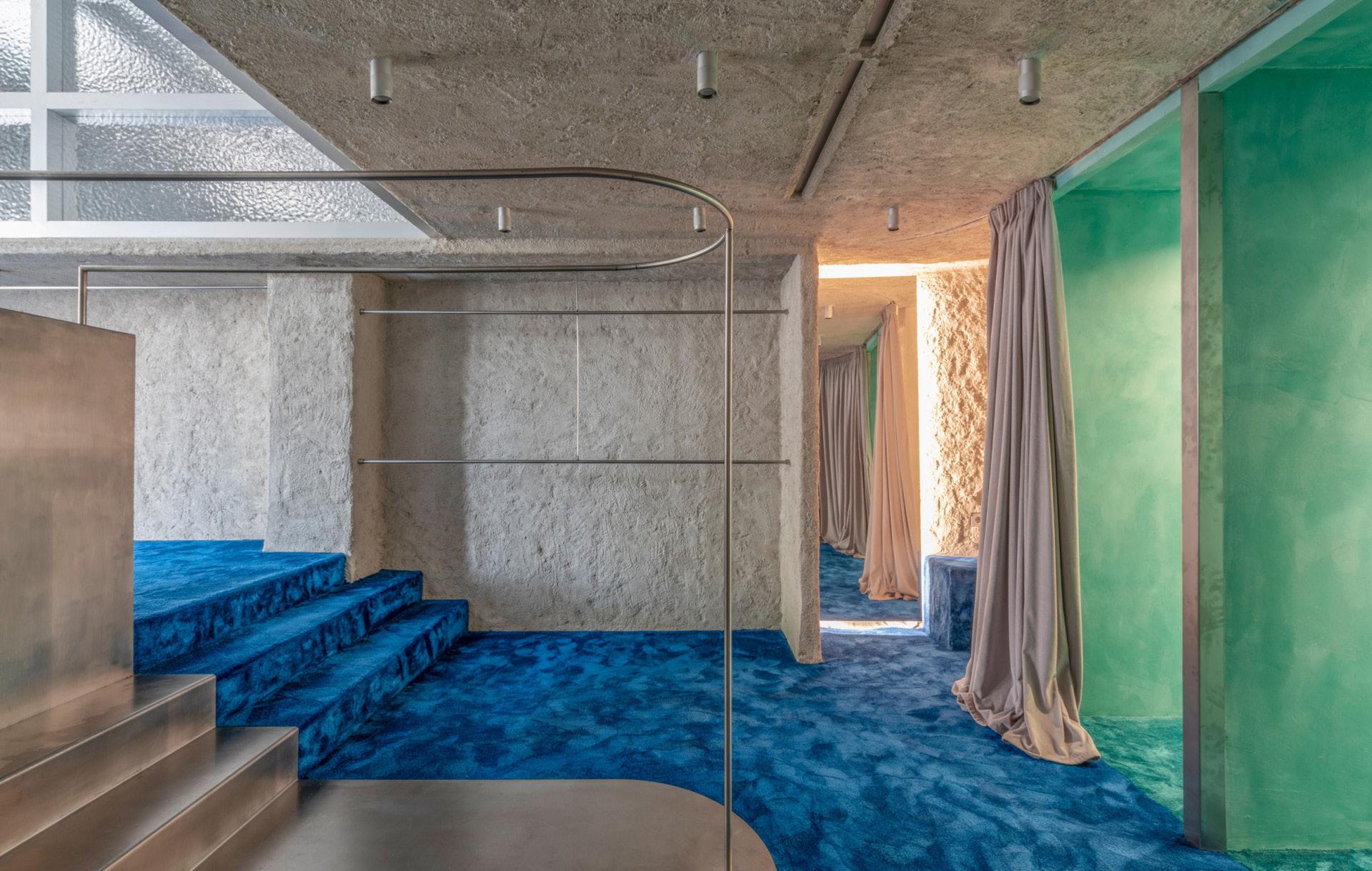


As a remedy to generic malls and cookie-cutter store fronts, many brands are seeking to create a deeper connection with their customers by embracing local architecture, crafts and culture. Uniqlo has partnered with museum gift shops to provide a one-of-a-kind entry point to the brand, while Starbucks has constructed facades in Korea that reflect traditional market places. By breaking away from overly sterile spaces that seek to appeal to everyone, these brands are able to create a deeper and more human relationship with their clients.
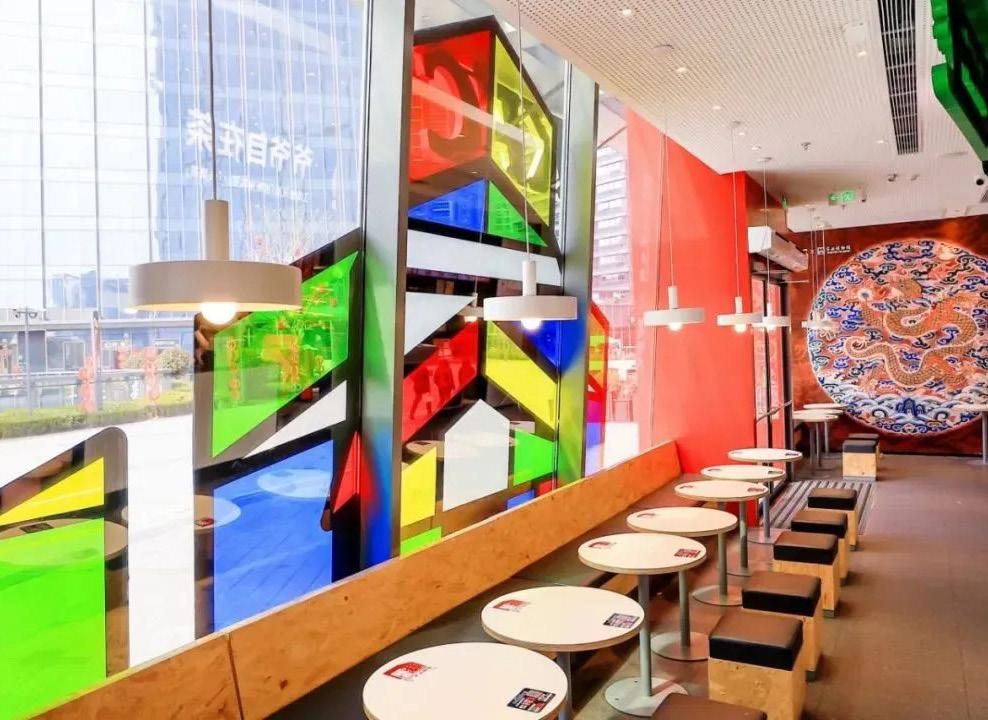

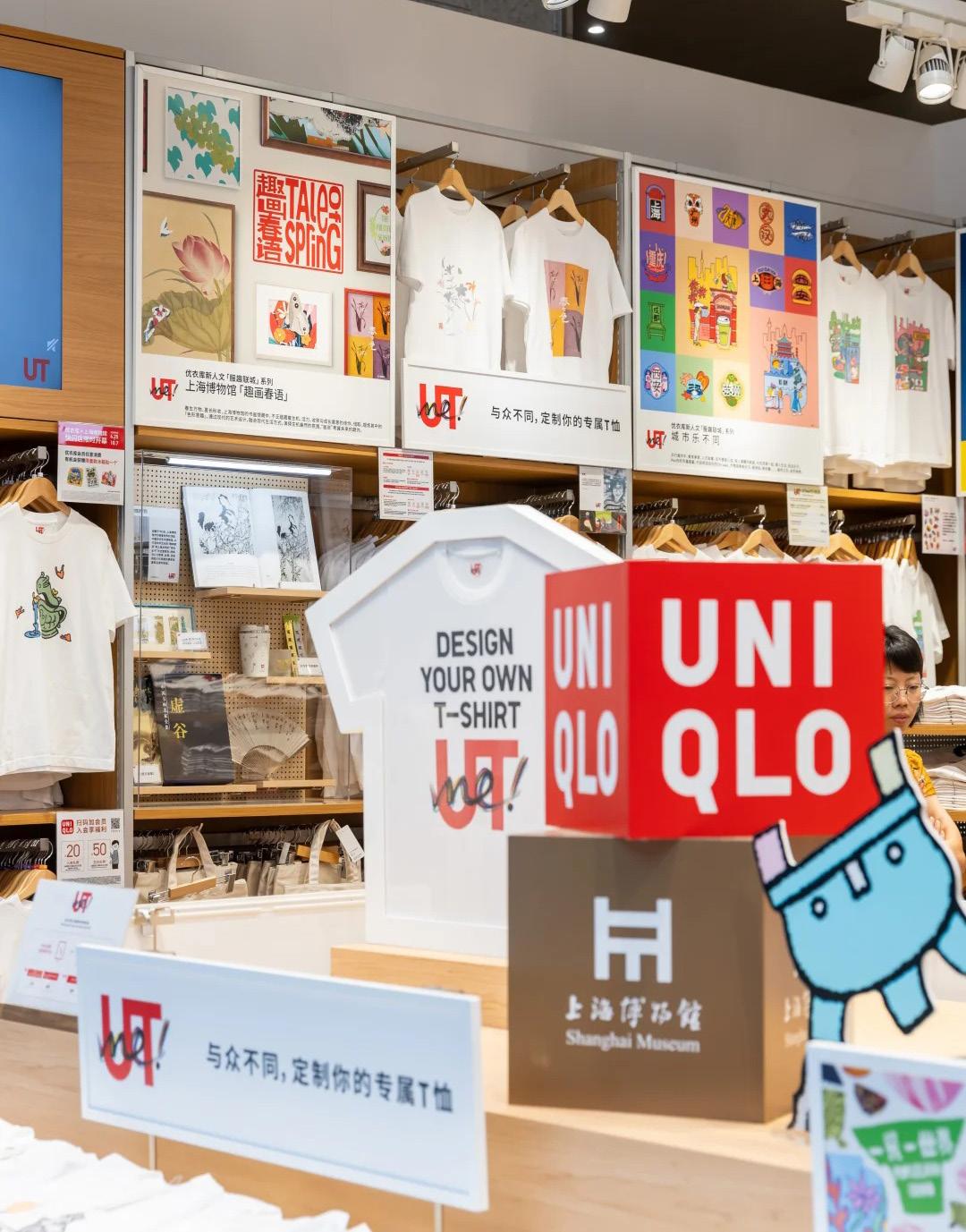
Whether blending the lines between brand and local culture or re-telling the past of historic labels, creating a deeper partnership with consumers has driven brands like Ralph Lauren and Louis Vuitton to redevelop traditions through modern context.
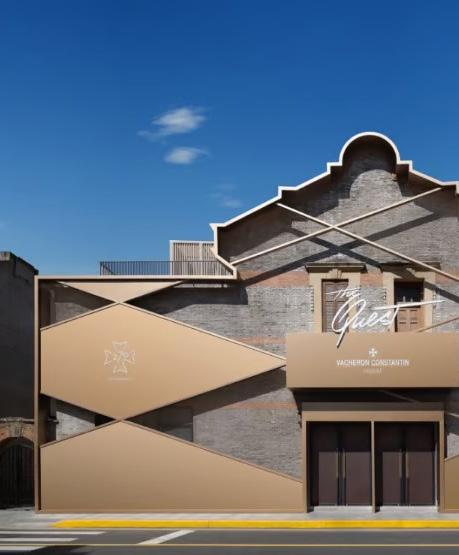
“The Quest” takes visitors through Vacheron Constantin’s heritage as well as its partnership with the Louvre.
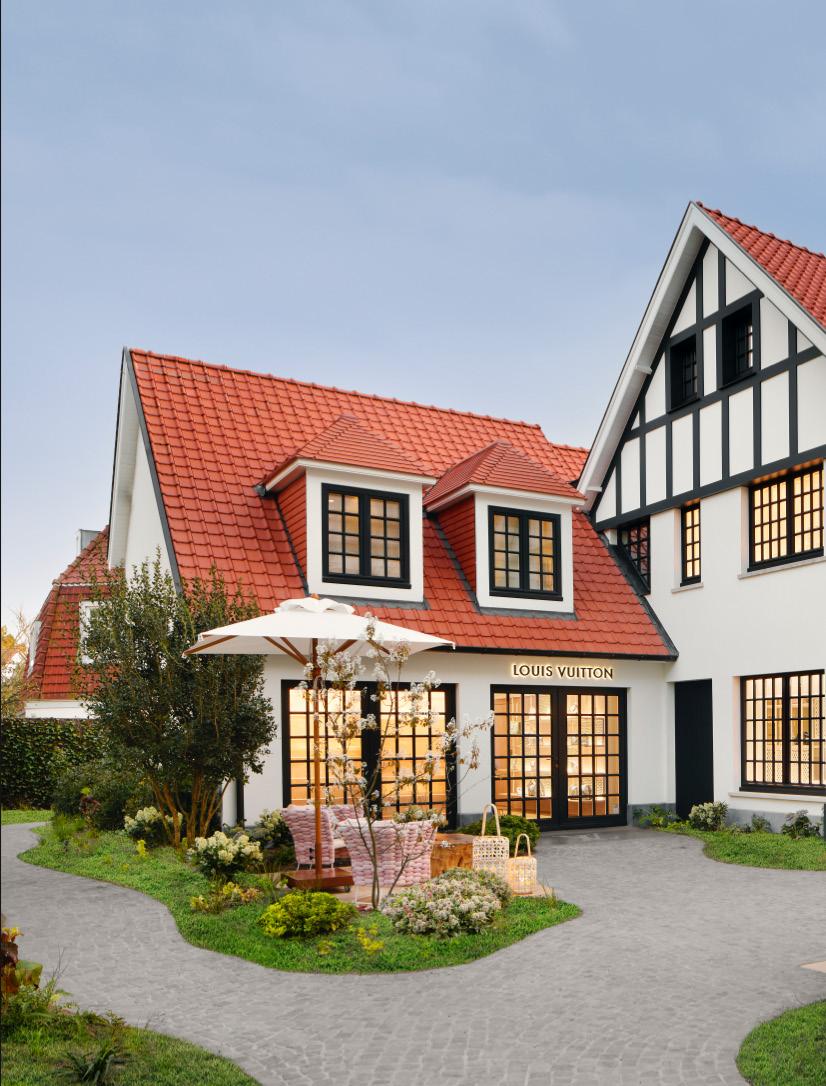



88% of consumers say trust is as important as price or quality when choosing a brand.
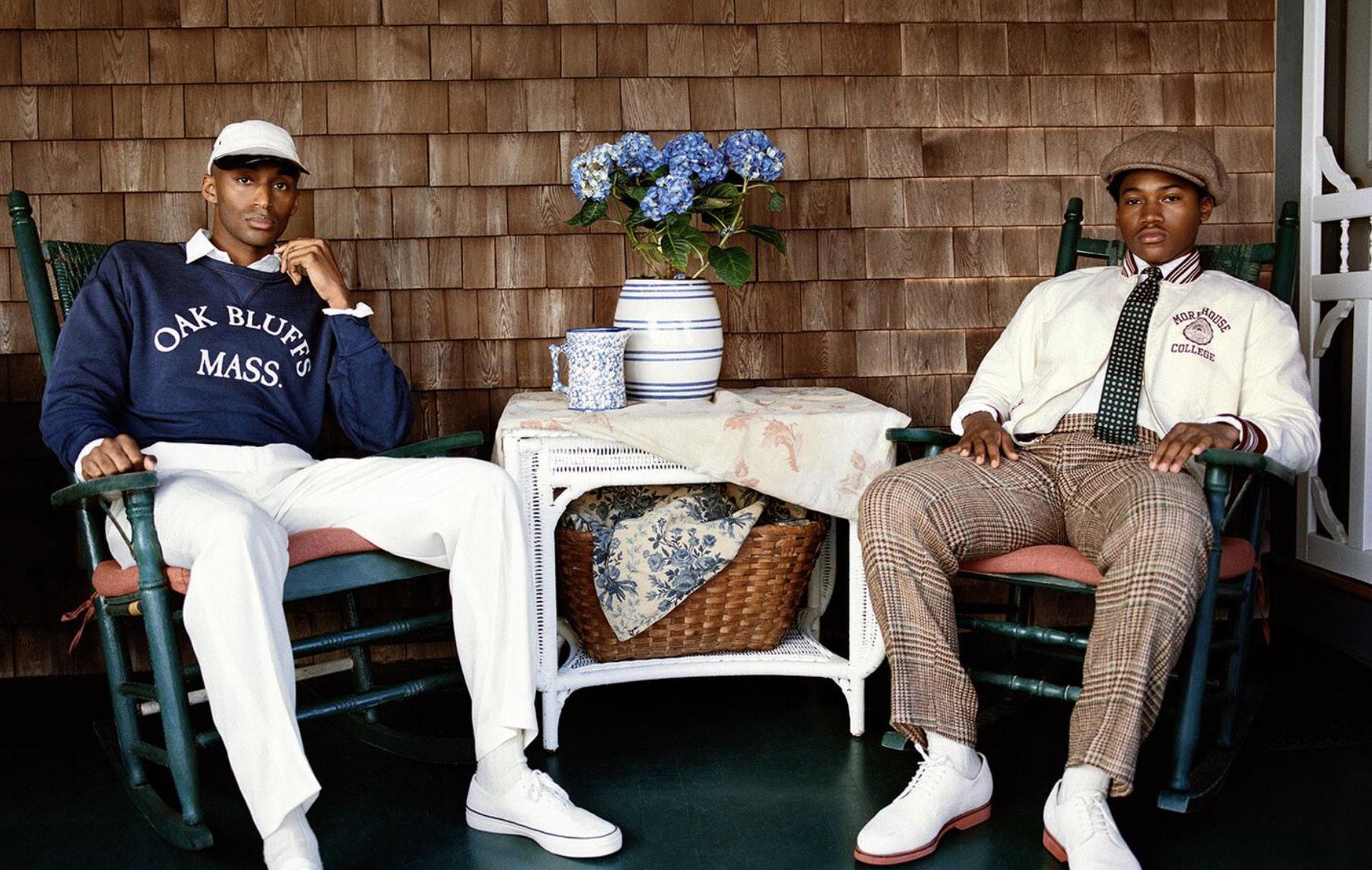
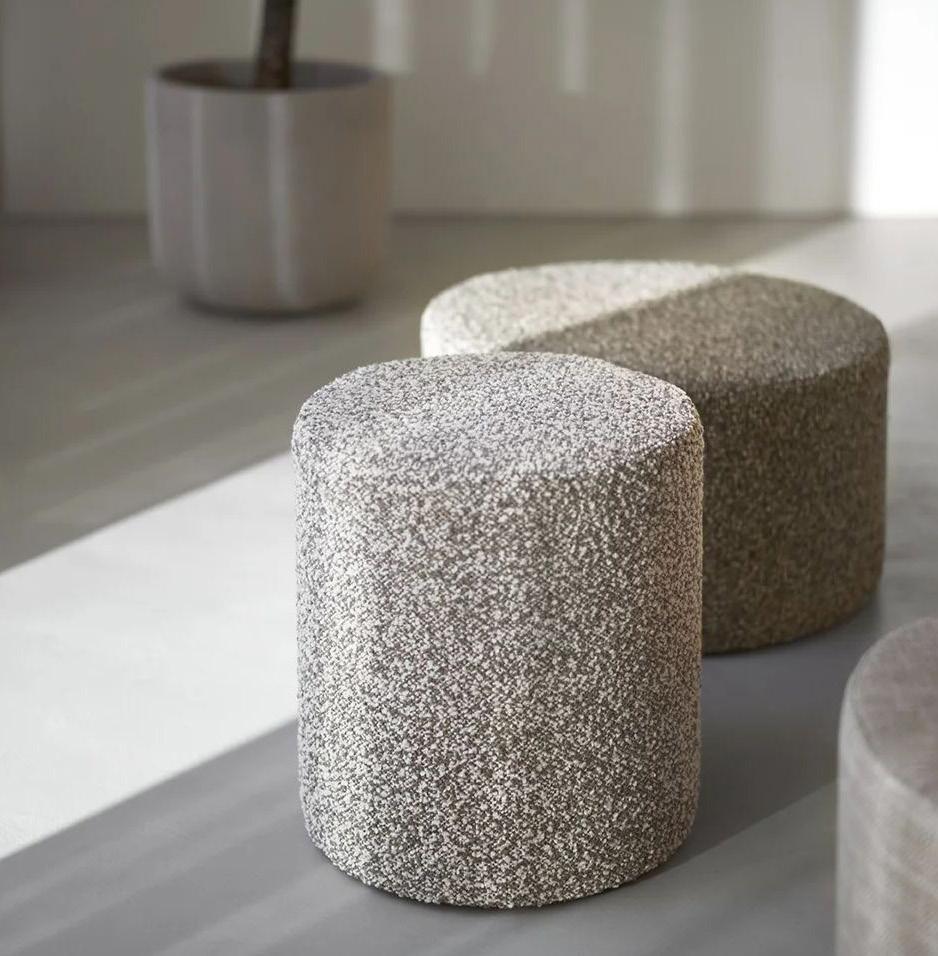

As retail design experiments with richer materials and bolder visual statements, an opposing yet complementary trend is emerging—one defined by restraint and intentional simplicity. Open layouts, uncluttered fixtures, and clear sight lines create a sense of calm and spatial clarity. By reducing visual noise and using negative space strategically, brands allow flagship products and core collections to take center stage. This approach not only enhances product focus but also provides a moment of visual relief within increasingly complex retail environments.
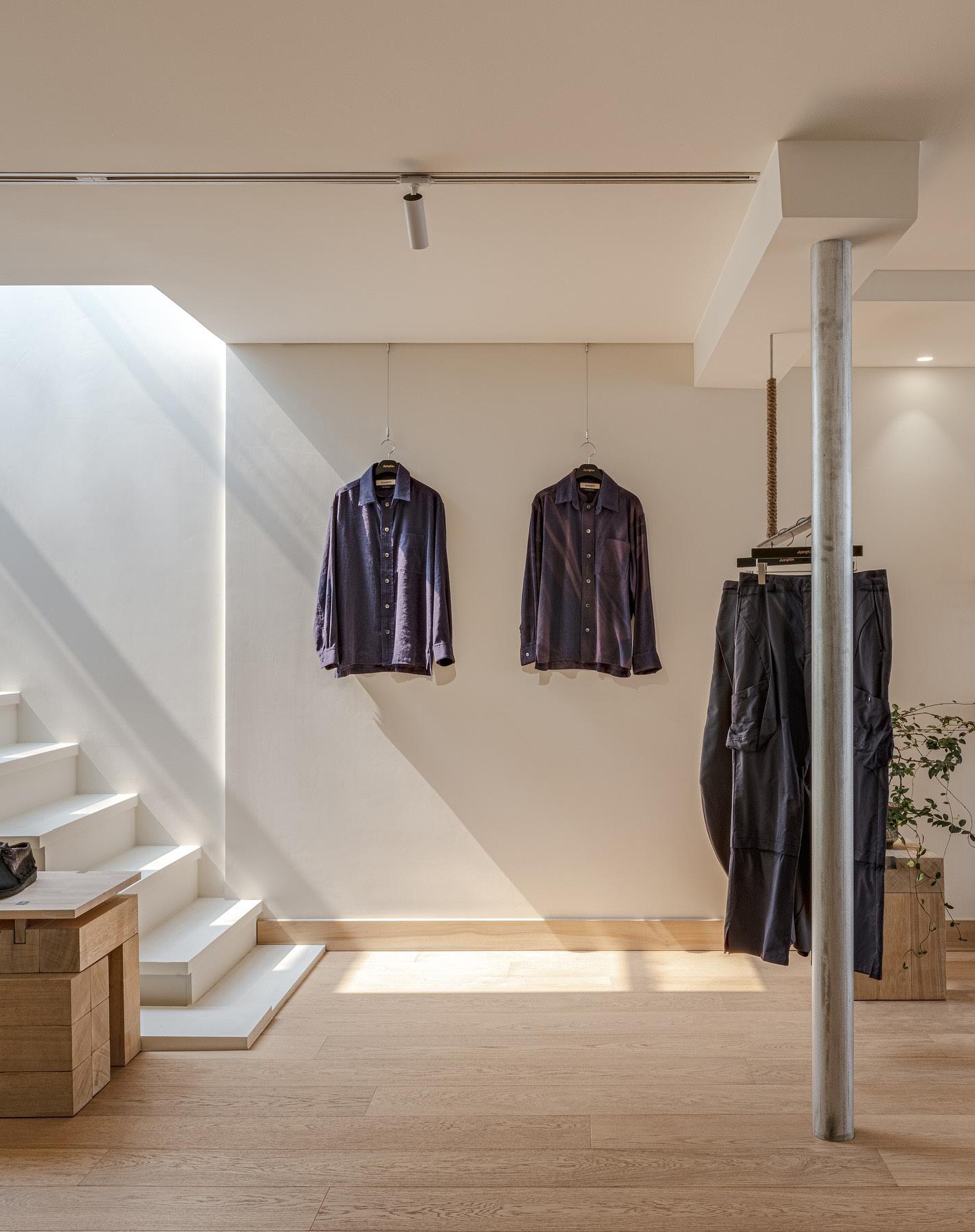

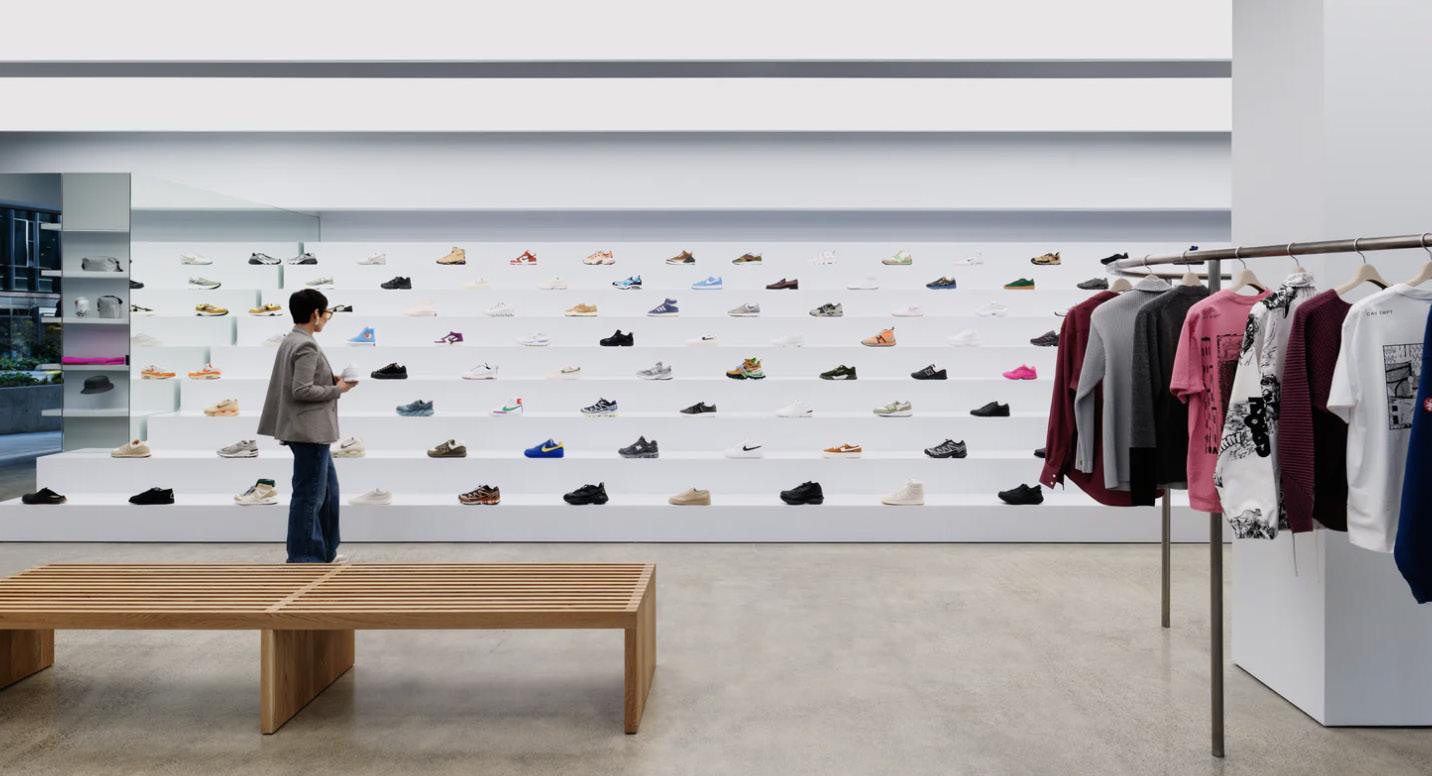
LIKELIHOOD
Pairing natural and organic forms with clean lines and soft textiles provides consumers with a reassuring experience, allowing them to relax and begin to establish trust with a brand.

